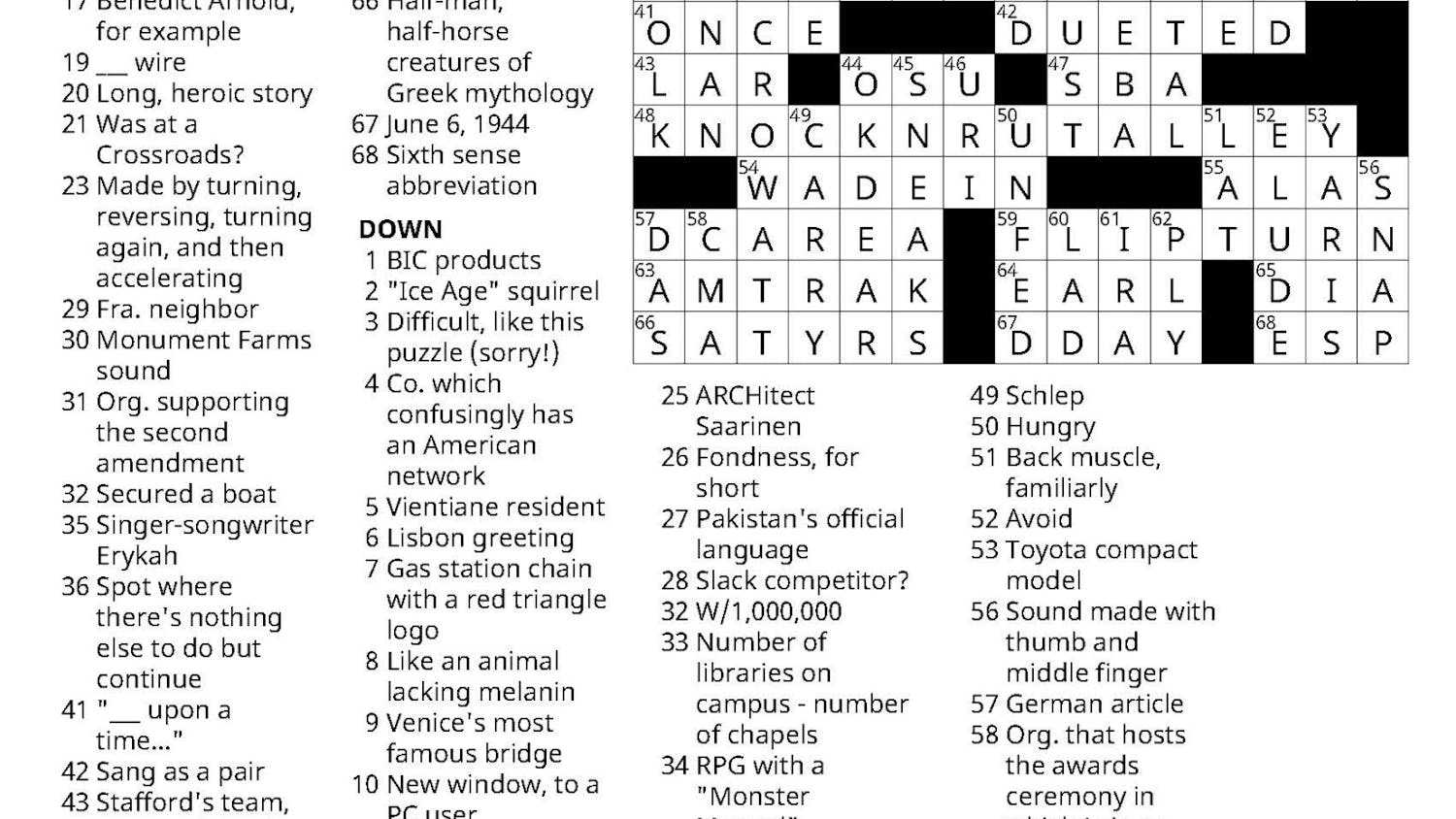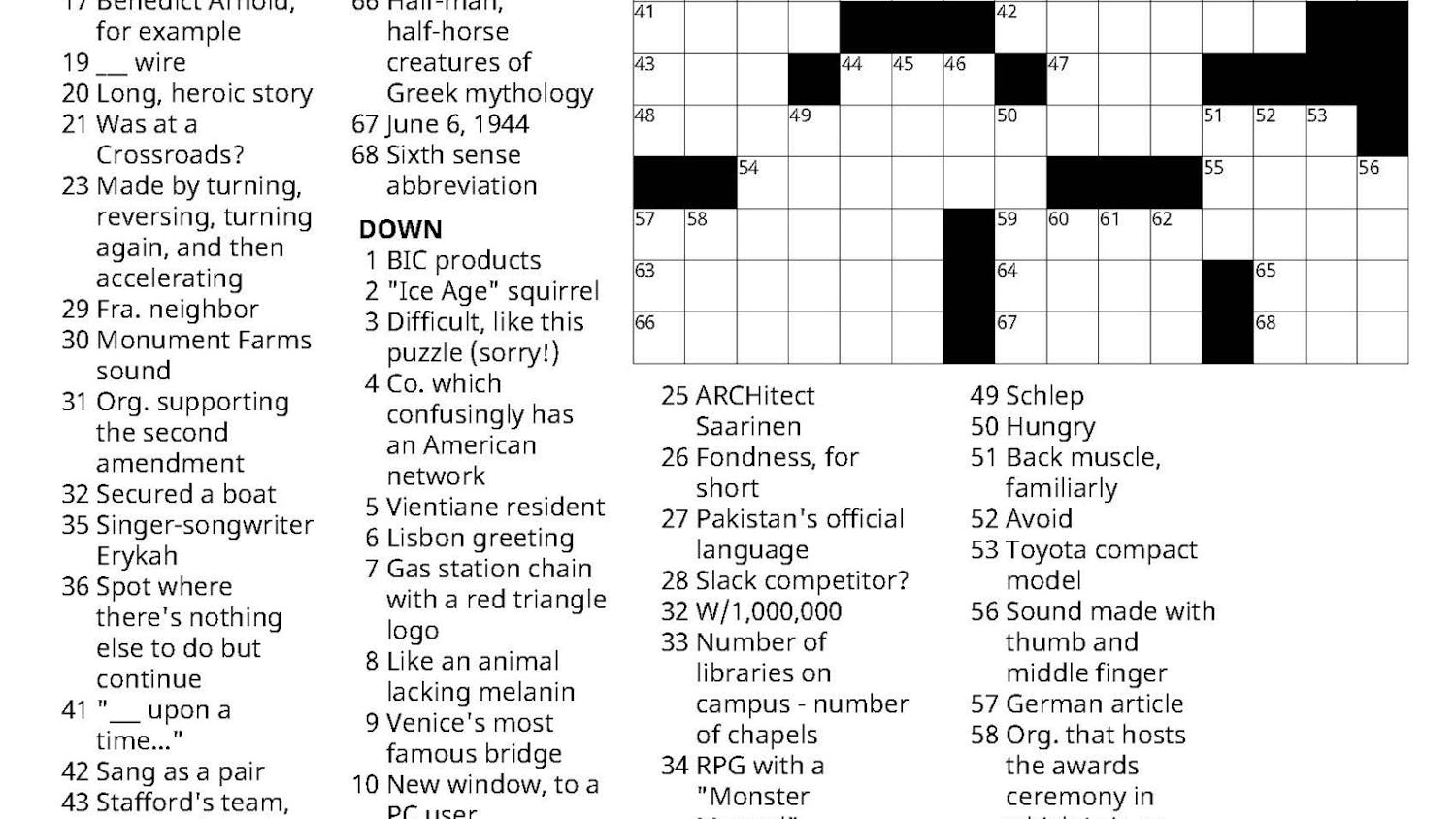Author: Jen Marlow
Stewart Professor of English and Environmental Studies John Elder's book "The Frog Run: Words and Wildness in the Vermont Woods" is a memoir set in a wooded and storied landscape. Specifically, Elder's work is an autobiographical account of learning to sugar with his family in the Vermont woods. The work exemplifies the genre of nature writing, which aims to give voice to the human experience of the natural world. As a practice, nature writing is often autobiographical — the experience of observing and writing in nature often leads to an unexpected self-awareness.
The seasons, particularly winter and spring, set the rhythm of his words. Patient as a bud in winter, his words describe the history of sugaring as the Yankee farmers learned it from the Abenaki people. The rhythm then quickens to flow as generously as the sap does with the arrival of spring, allowing the reader to linger in the sweetness of the season. Elder writes: "Weeks pass when winter has lost its grip but nothing new has taken its place. Watching the temperatures' courtly dance around the freezing line suddenly becomes exciting, however, when maple syrup is the culmination. Amid the half-frozen, half-sodden fields and the late snowstorms, the pulse of sap turns us towards the present's wavering shore."
Elder, calling forth a sense of the moment, reminds us not to rush. His words highlight the excitement of spring: "Not only does sugaring help us remember that spring is coming, it also gives us a reason for desiring that it not progress any faster. Once we have awakened to it, we long to dwell in this protracted in-between. This time for standing in the warm, sticky sugarhouse, witnessing the alchemy of air and water into gold."
Witness to the dynamic pulses of nature, Elder's writing is a wonderful example of nature's ability to be magical and wild, and yet masterfully in control.
"The Frog Run" shares a sense of memoir and story with his last book, "Reading the Mountains of Home," which retraces the impression of human history on a rewilding, reforesting New England landscape. Robert Frost's poem "Directive" walks Elder through his backyard wilderness and guides him in a process of seeing, showing and telling.
Hiking around the wilderness of Bristol, Vt., Elder "hikes the poem" and finds its meaning in the land.
Similar to using Frost's poem as a guide to the land, in "The Frog Run" Elder seeks the guidance of local sugarers and his own sugarbush in Starksboro, Vt., to teach him about the working landscape. As a reader, writer, teacher and adopted Vermonter, Elder has sought guidance from the dynamic history and landscape of the state of Vermont and serves as a witness for nature's changing graces.
Whether traveling back a few thousand years to the discovery of maple sugar, twenty-seven years to when he began teaching at Middlebury College, or just a few seasons, "The Frog Run" is a dynamic narrative in which Elder has a good sense of his own self-evolution. His religious teachings and family life are all presented in an evolutionary perspective. Elder's thinking about wilderness is mature.
As a dedicated advocate of wilderness conservation, Elder's vision for wilderness comes to fruition in "The Frog Run." Elder uses what he has learned from the human and natural history of Vermont to defend sustainable land practices, writing, "The most beautiful and motivating vision is an inclusive community of life, not wilderness apart from that."
Elder's sugarbush represents his commitment to wilderness and sustainability in Vermont, but it also serves to deepen his family's commitment to home. As Elder's homeland changes, whether it be marked by his move to Vermont from California, or by winter turning to spring in the sugarbush, Elder gains perspective on himself in a similar process of evolution. And, by reading his literature, so do his readers.
'Frog Run' Reminds Us Not to Rush
Comments



